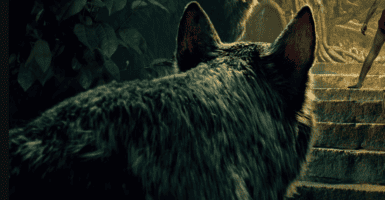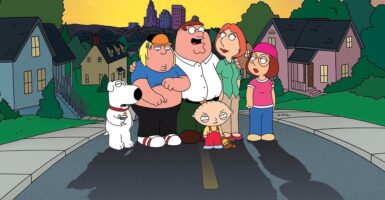Star Trek’s Worst Pilot Episode Responsible For Its Best
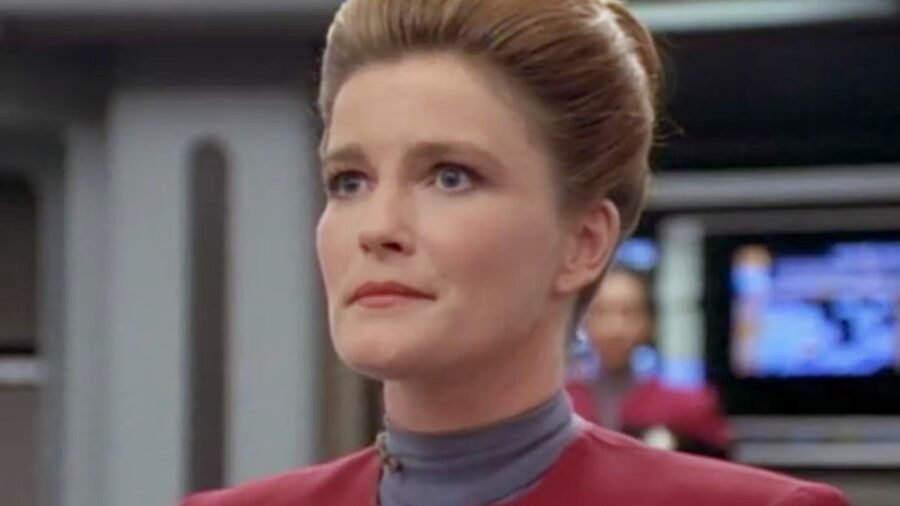
While I’m a big believer that Star Trek: Deep Space Nine is the best series in the franchise, it got a very rocky start, including a mixed bag of a pilot. Some fans even think it’s the worst Star Trek pilot ever made, although I’m pretty sure they are still traumatized by the first season episode “Move Along Home” (if so, may I be the first person today to tell you “Allamaraine?”). However, this “worst” pilot actually inspired the best: Star Trek: Voyager’s first episode “Caretaker” was deliberately designed as an action-adventure very different from the psychological drama of DS9’s pilot.
Emissary
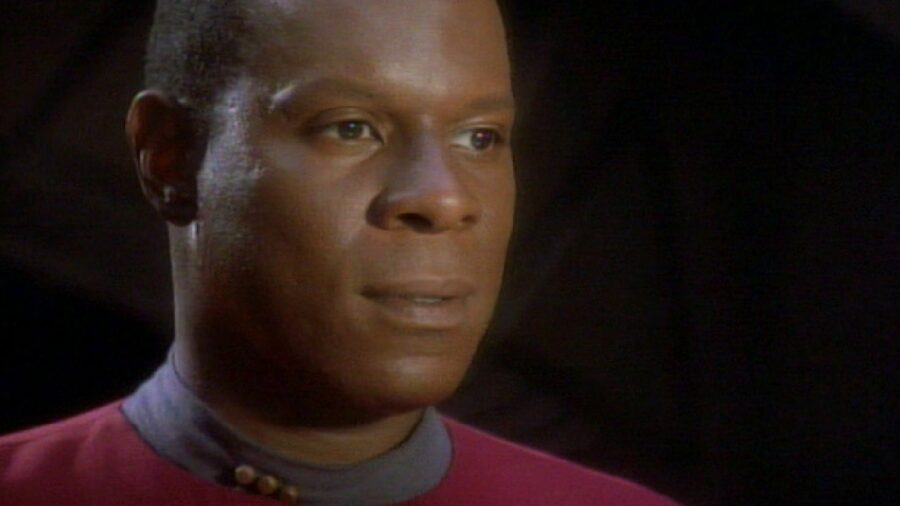
To understand all this Star Trek inside baseball (go Niners!), we need to take a closer look at both pilots. Star Trek: Deep Space Nine began with a reluctant Commander Sisko taking command of the titular space station, though he is still dealing with the trauma of losing his wife in the Battle of Wolf 359 and raising his son on his own. However, with the revelation that he has now become Space Jesus to aliens living in a newly revealed wormhole, Sisko takes command of what has now become one of the most strategically important space stations in the entire Alpha Quadrant.
More Cerebral Than Most
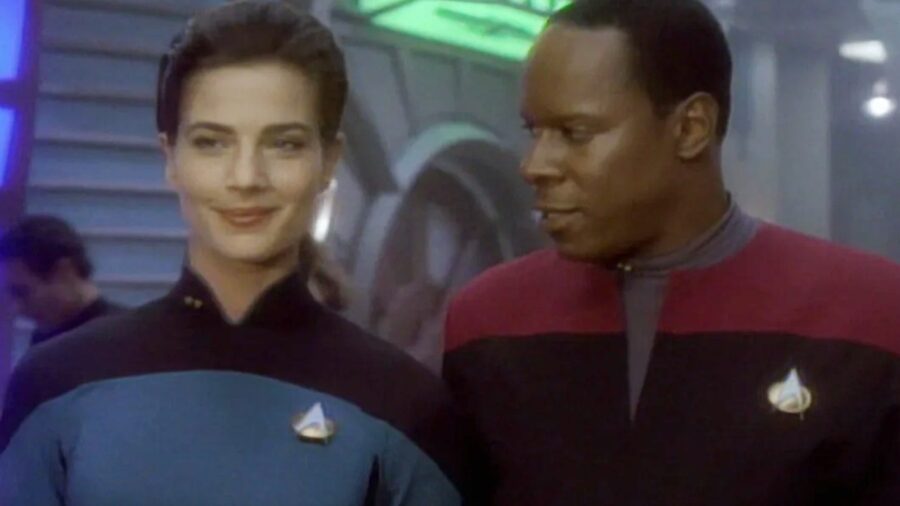
This Star Trek pilot does a good job of introducing a complex cast of new characters, further establishing the long-running beef between Cardassia and Bajor, and generally differentiating itself from the warm and fuzzy world of The Next Generation. However, this episode couldn’t be any more psychological even if it featured Data summoning up a hologram of Sigmund Freud again. In addition to the ugly tension between Sisko and Picard and the tangled past lives of Jadzia Dax, this episode featured the wormhole aliens giving Sisko strange psychic visions where they took on the appearance and personality of people closest to him.
Too Psychological?
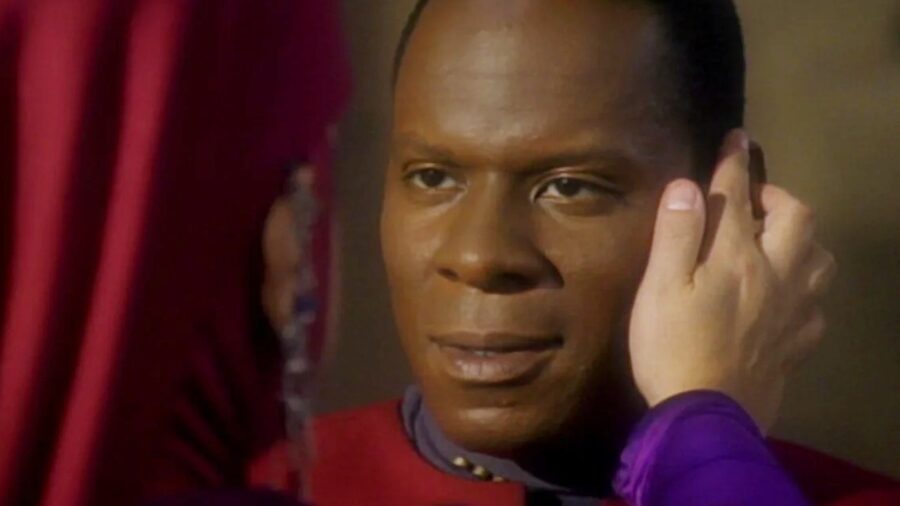
According to Star Trek: Voyager showrunner Michael Piller, he and other bigwigs actually felt that the Deep Space Nine pilot was a little too psychological. Specifically, he said, “after all the psychological stuff we had done on Deep Space Nine, we could let loose and have a wild ride and adventure with this.” Therefore, his primary “push on the pilot was to let it all hang out in a real old-fashioned adventure story.”
Letting Loose With Voyager
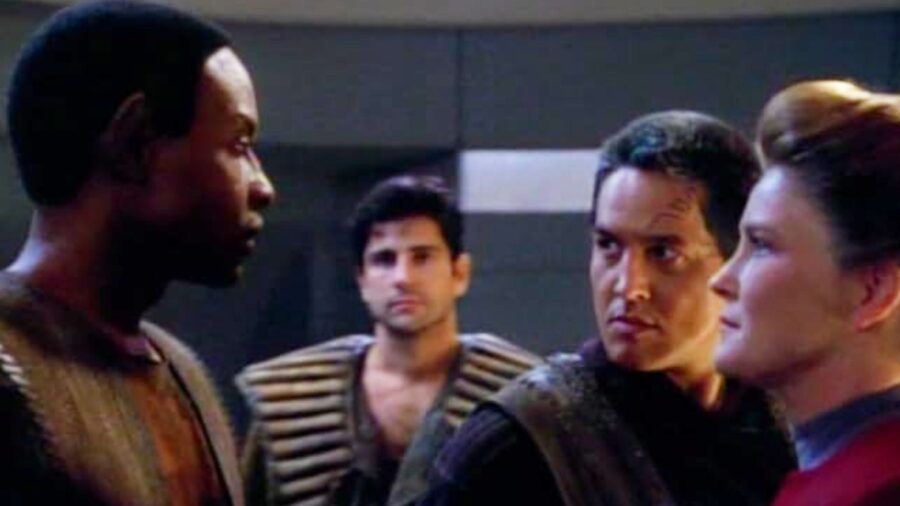
In this capacity, the Star Trek veteran was speaking as much as a fan as he was a showrunner when outlining his goals for the Voyager pilot. “As an audience member,” he said, “I was ready for a real rock-’em, sock-’em adventure, and I really wanted to…spend all the studio’s money in creating a really neat adventure.” He got the other execs on board with this idea, and he set out to create an action-filled “yarn” whose ambitions were “less…lofty” than what everyone tried to accomplish with the Deep Space Nine pilot.
Caretaker
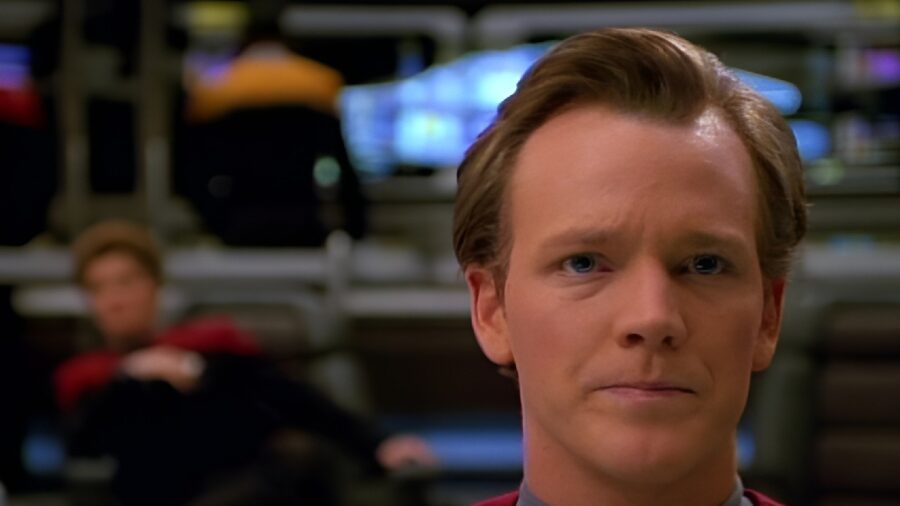
Whether they love Star Trek: Voyager or hate it, nobody can deny that its pilot episode “Caretaker” managed to deliver the goods when it came to action and adventure. We have Starfleet vessels chasing Maquis rebels, freaky medical experiments, a violent race of warriors (Space Mom is here to tell you “we have Klingons at home”), and a show-stopping rescue followed by the self-destruct sequence of Voyager’s only way home. Not only did this ep fully embrace what Piller and the other execs were going for, but it embodied the kind of rollicking cowboy adventures Star Trek hadn’t seen since The Original Series.
Good Or Bad Pilots Don’t Determine Good Or Bad Series
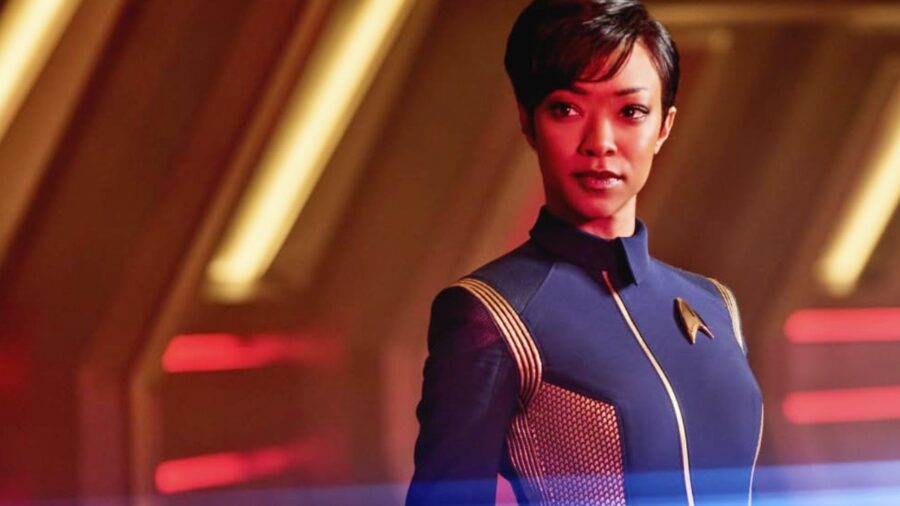
Of course, these two Star Trek pilots are an interesting lesson that nobody can predict the future: Deep Space Nine’s plodding pilot didn’t keep that show from becoming the franchise’s most ambitious series, and Voyager’s exciting pilot didn’t keep that show from floundering until the introduction of Seven of Nine. Like a joined Trill, each new iteration of Star Trek carries the memories and legacies of the shows that came before.
Given that, it will be interesting to see on April 4 how Discovery–arguably the time-displaced spiritual successor to the far-flung series Voyager–begins the final season of a show whose pilot was very different (for better or for worse) than the current series. If it doesn’t stick the landing, the collective fandom may have to give a “Vulcan goodbye” to this controversial series.

